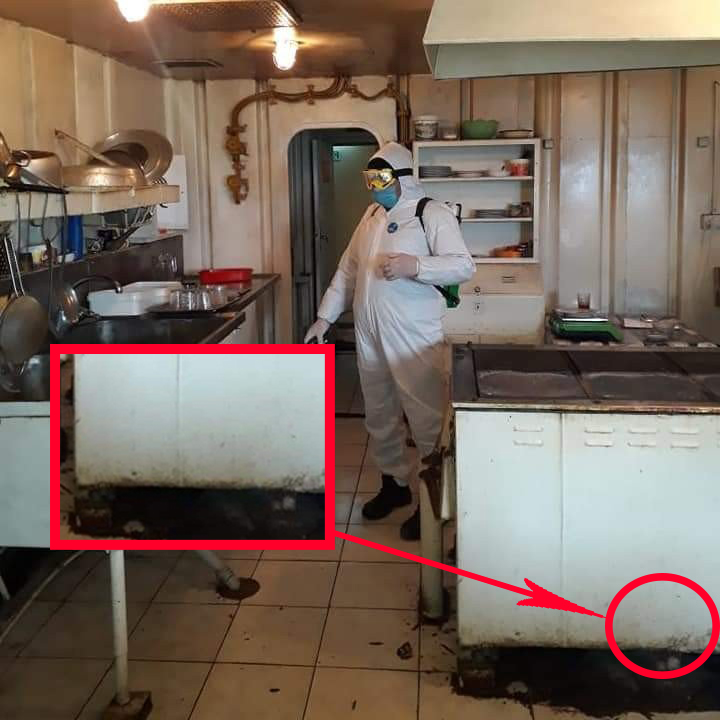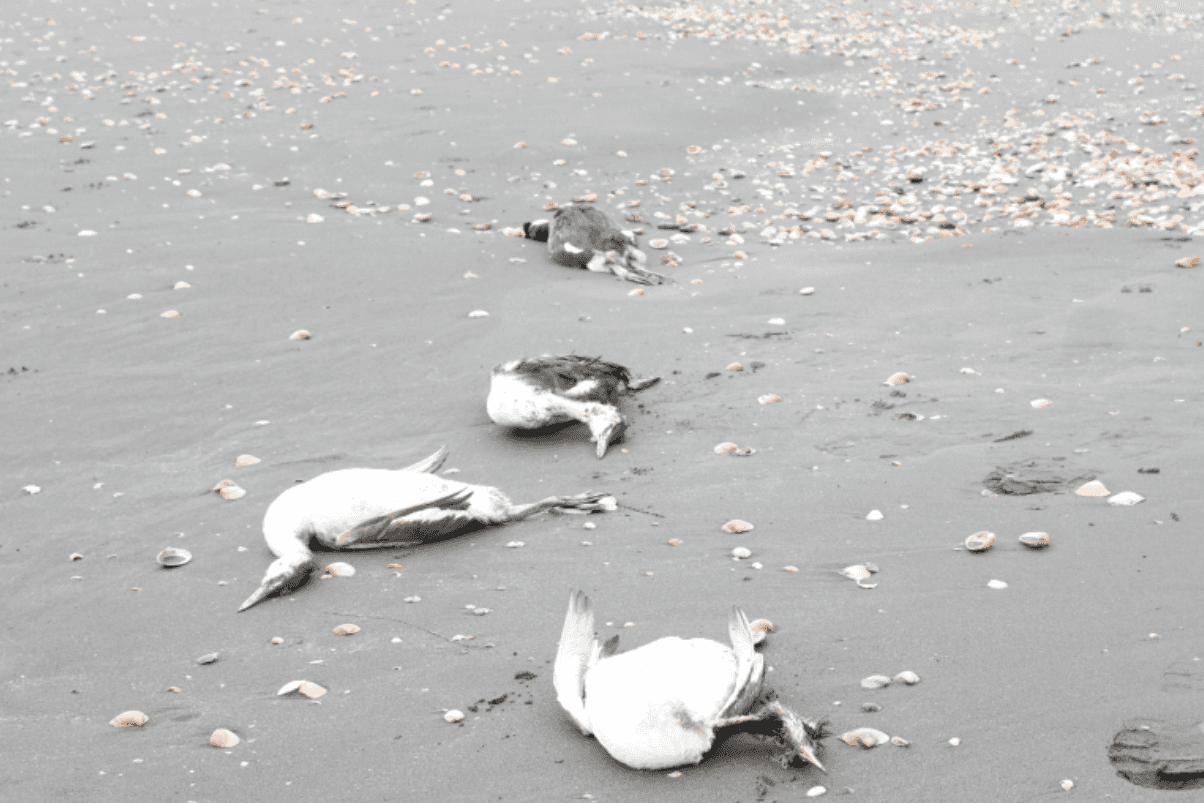
Workers on oil platforms owned by Azerbaijan’s state-owned oil firm, SOCAR, will have to stay offshore for over a month.
Mirvari Gahramanli, the head of the Committee for the Protection of Oilmen’s Rights, a Baku based NGO, reported the move on Facebook on Thursday.
She said that workers sent to the platforms 10 days ago would not be relieved until 11 April — more than a month — and would have to continue to work.
Their organisation received reports that SOCAR made the decision over the coronavirus crisis.
[Read live updates on COVID-19 in the Caucasus on OC Media.]
Gahramanli said the move could have a significant impact on the health of offshore workers.
‘Staying at work for more than a month, working twice as long as normal [per day], staying away from their families will have a significant impact on their psychosocial condition and health’, she said.
She also said the situation could negatively affect the families of offshore workers.
Gahramanli urged SOCAR to review their decision. ‘Otherwise, responsibility for the consequences of this decision (both for the employees and their families) will rest with SOCAR President Rovnag Abdullayev’, she wrote.
Gahramanli told OC Media that their organisation was informed of the decision by offshore workers themselves.
She said that workers who arrived at the platforms on 4–5 March for a 15-day shift had also not been delivered to shore.
Gahramanli said they had received information that around 100 SOCAR workers have been on the Bulla-122 platform since 12 March and will be sent to the shore no earlier than 29 March.
Combating coronavirus does not allow overtime work
Gahramanli noted that such a situation violates the rights of offshore workers enshrined in Azerbaijan’s Labour Code.
These violations included the rules surrounding maximum working hours and overtime hours, she said.
Pandemics are not listed as one of the exceptional cases when extra overtime work is permitted.
Gahramanli said that in addition to this, the Neft Dashlari platforms near Baku have unsanitary conditions.
Neft Dashlari shared pictures on Facebook on Tuesday of the platforms being disinfected.
However, Gahramanli told OC Media that they also shared several pictures where unsanitary conditions in the kitchen were observed, but after her post on Thursday these pictures were removed.

‘It is a necessary measure’
Ibragim Ahmedov, the chief spokesperson for SOCAR, told 1news agency on Thursday that they made the changes in the schedule of oil workers on offshore platforms as part of containment measures to counter the spread of the coronavirus.
‘Oilmen who are now on shift at sea will have to stay longer — this is a necessary measure that not only SOCAR, but also many oil companies apply because of the coronavirus’, he said.
According to him, it is extremely difficult to prevent the spread of the virus on platforms.
‘If at least one person infected with this virus in a latent form gets on a closed platform, this can turn into a big problem — other people can become infected there, and the provision of medical care to them in such conditions can be limited.’
‘Due to weather conditions, there is no guarantee that we will be able to organise high-quality medical care for them in a short time.’
‘Therefore, it is necessary by all measures to prevent such a scenario, and to prevent people potentially infected with the coronavirus, which is not detectable at the initial stage, from getting onto the platforms’, he said.
‘I emphasise that many employees of the company in the head office, including myself, will also work on holidays. This is also a necessary measure in connection with the coronavirus to maintain the stability of the economy and energy security of our country in these difficult days.’
‘Understanding the seriousness of the situation, we all accept this mission to ensure the security of our people and country’, Akhmedov said.









